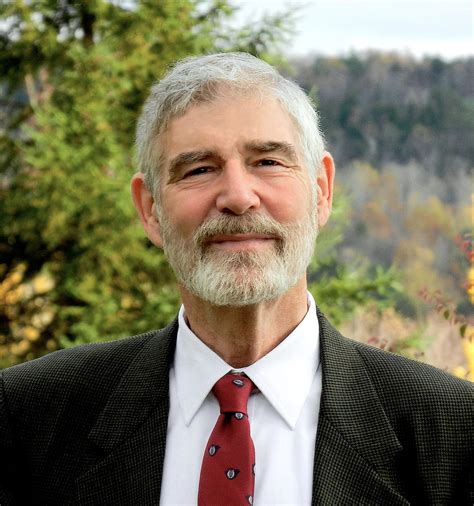A Quote by D. H. Lawrence
This is the very worst wickedness, that we refuse to acknowledge the passionate evil that is in us. This makes us secret and rotten.
Quote Topics
Related Quotes
This is the first lesson ye should learn: There is so much good in the worst of us, and so much bad in the best of us, it doesn't behoove any of us to speak evil of the rest of us. This is a universal law, and until one begins to make application of same, one may not go very far in spiritual or soul development.
Evil is neither suffering nor sin; it is both at the same time, it is something common to them both. For they are linked together; sin makes us suffer and suffering makes us evil, and this indissoluble complex of suffering and sin is the evil in which we are submerged against our will, and to our horror.
The people who live lives that are the most dangerous don't usually come in twirling a mustache rubbing their hands menacingly saying 'I'm an evil genius.' They're people who are charismatic, charming and appealing, who speak to some part of us that makes us want to follow them, that makes us attracted to them.
We see ourselves in other people’s eyes. It’s the nature of the human race; we are a species of reflection, hungry for it in every facet of our existence. Maybe that’s why vampires seem so monstrous to us—they cast no reflection. Parents, if they’re good ones, reflect the wonder of our existence and the success we can become. Friends, well chosen, show us pretty pictures of ourselves, and encourage us to grow into them. The Beast shows us the very worst in ourselves and makes us know it’s true .






































